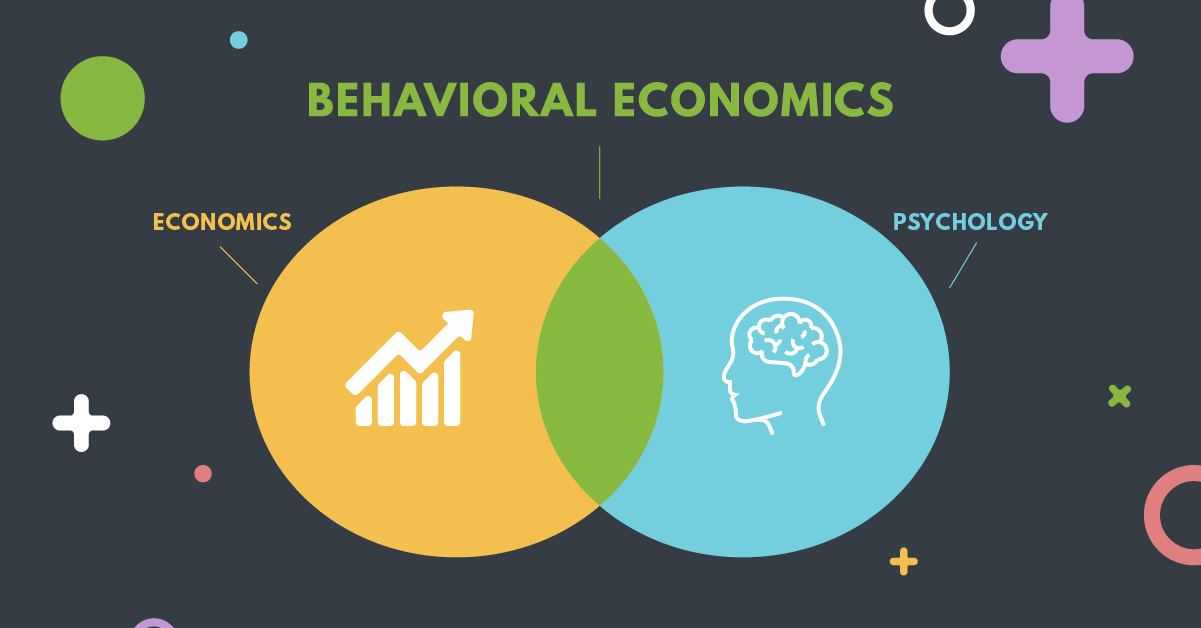How Choice Architecture Improves Decision-Making
Making choices is an essential part of everyday life, in personal, professional, and team situations. The presentation of options significantly influences the choices people make. Choice structuring refers to the process of designing and planning choices in a way that helps people achieve specific goals without restricting their freedom. When individuals and companies understand how … Read more





